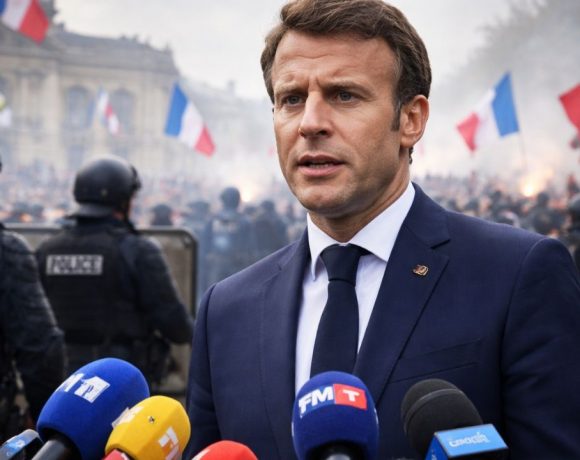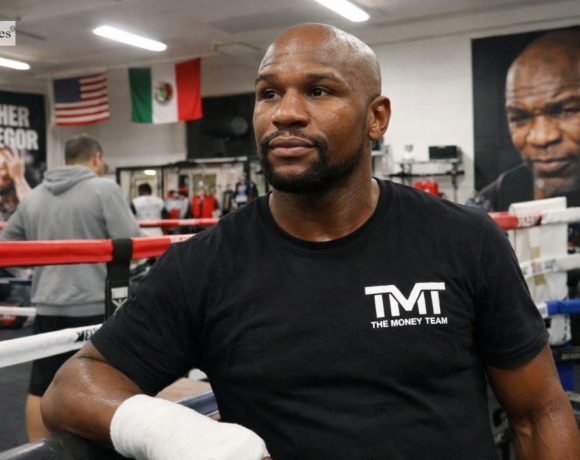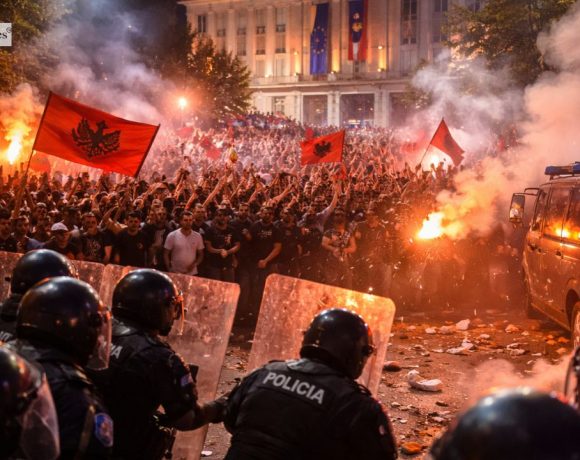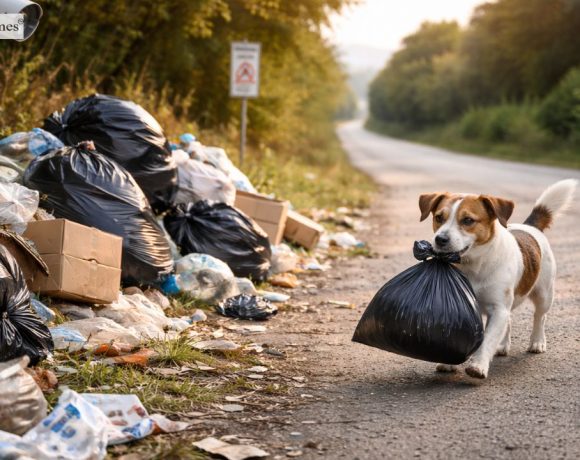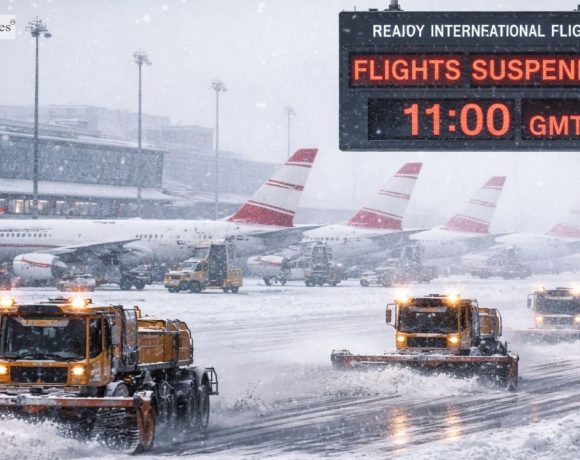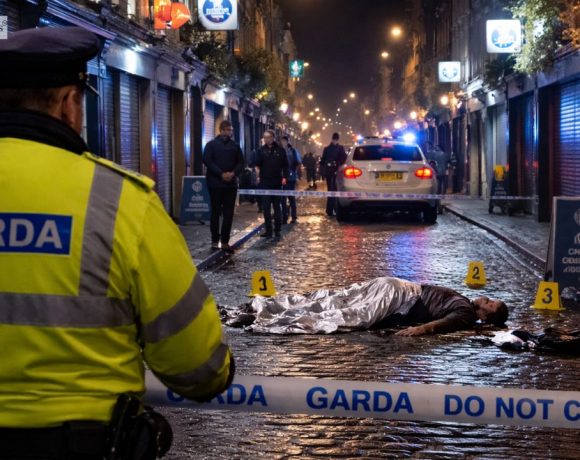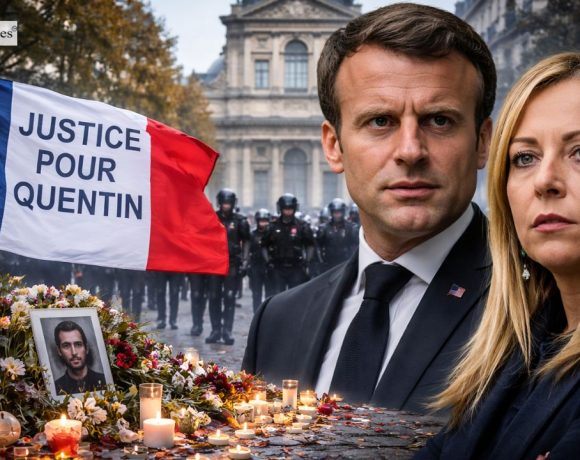
The bones of Francis of Assisi have gone on public display in Italy to commemorate 800 years since his death. The 13th-century saint’s skeleton is being exhibited at the lower church of the Basilica of Saint Francis of Assisi in the central Italian town of Assisi. Preserved in a nitrogen-filled plexiglass case placed before the altar, the display has drawn global attention, with around 400,000 visitors reserving a viewing slot.
This marks only the second time the saint’s remains have been shown publicly, the first being a limited one-day viewing in 1978. Born in Assisi in 1181 or 1182, Francis renounced his wealth to live a life of poverty and service, founding the Franciscan Order. He is revered as the patron saint of animals and the environment, and his feast day is observed annually on 4 October, the date of his death in 1226.
The exhibition also holds special resonance following the death of Pope Francis last year, who chose his papal name in honour of the saint and sought to emulate his humility and compassion. Organisers have confirmed that the relics will remain on display until 22 March, offering pilgrims and visitors a rare opportunity to pay homage to one of Christianity’s most venerated figures.
Pic courtesy: google/ images are subject to copyright


